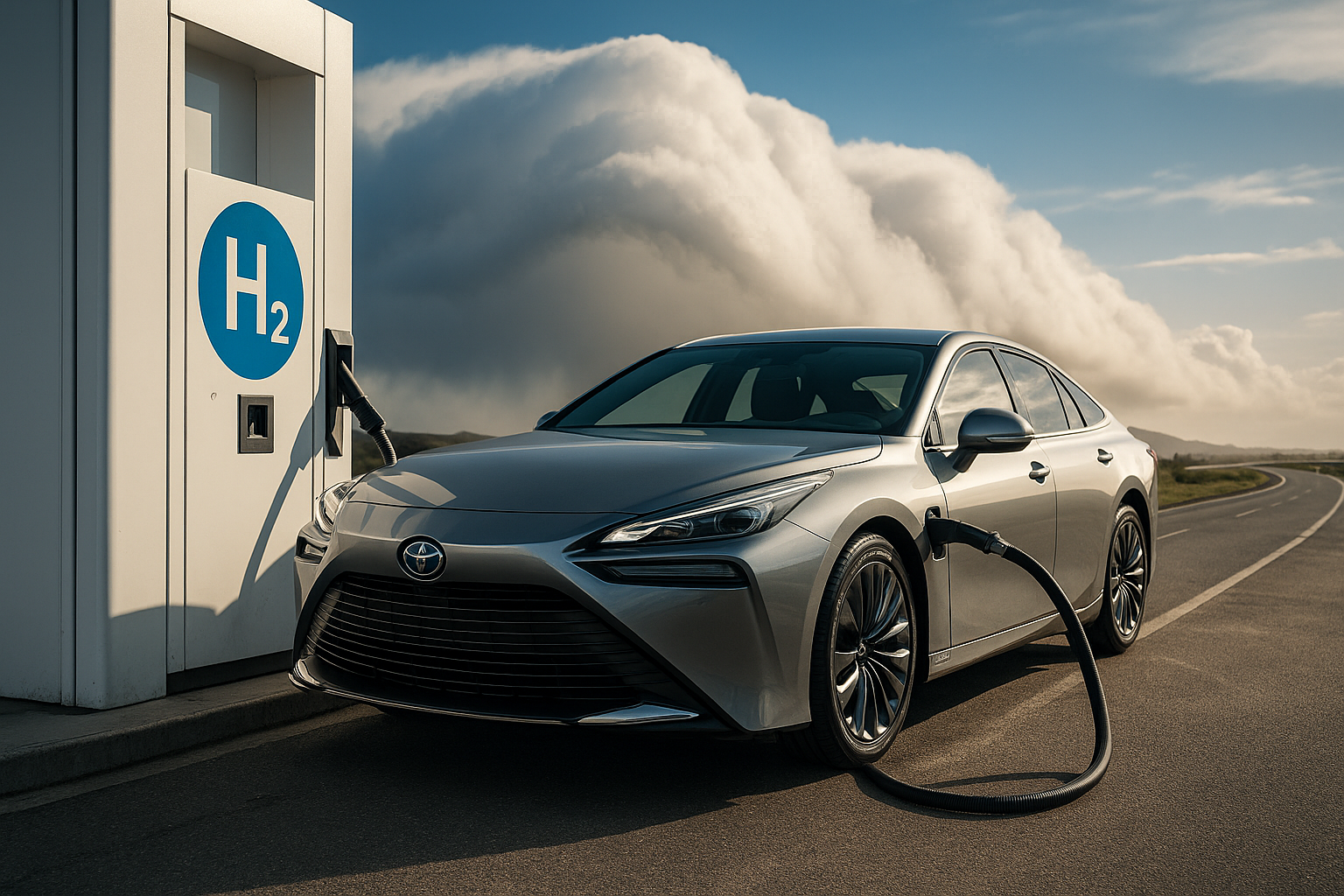Electric SUV Guide: Features, Charging, and Family Benefits
Discover how electric SUVs are shaping the future of everyday driving. From practical design to energy-efficient features, these vehicles offer a thoughtful approach to modern transportation. Explore options and considerations that suit a variety of lifestyles and needs.

The automotive industry has witnessed a remarkable shift toward electric vehicles, with SUVs leading this transformation. Electric SUVs represent the perfect marriage of environmental consciousness and practical family needs, offering the space and capability that modern families require while eliminating tailpipe emissions and reducing dependence on fossil fuels.
Long Range Electric SUVs: Distance Without Compromise
Modern long range electric SUVs are engineered to eliminate range anxiety, with many models now achieving over 300 miles on a single charge. The Tesla Model X leads the segment with up to 348 miles of EPA-estimated range, while the BMW iX offers up to 324 miles. The Lucid Air Dream Range, though technically a sedan, demonstrates that electric vehicles can achieve over 500 miles of range, setting the stage for future SUV developments.
Battery technology improvements have been crucial to these achievements. Lithium-ion battery packs are becoming more energy-dense while maintaining safety standards. Advanced battery management systems optimize power distribution and thermal regulation, ensuring consistent performance across various weather conditions and driving scenarios.
Electric SUV Charging Stations: Infrastructure and Accessibility
The expansion of charging infrastructure has made electric SUV ownership increasingly viable for families across the United States. Tesla’s Supercharger network includes over 50,000 connectors nationwide, while Electrify America operates more than 3,500 charging stations with plans for continued expansion.
Home charging remains the most convenient option for most electric SUV owners. Level 2 home chargers can fully charge most electric SUVs overnight, providing 25-40 miles of range per hour of charging. DC fast charging stations can add 200+ miles of range in 30 minutes, making long-distance travel practical and efficient.
Charging apps like PlugShare and ChargePoint help drivers locate available stations, check real-time availability, and plan routes accordingly. Many electric SUVs also include built-in navigation systems that automatically route drivers to charging stations based on battery level and destination.
Family-Friendly Electric SUVs: Safety and Convenience
Family-friendly electric SUVs prioritize safety, comfort, and practical features that make daily life easier. The low center of gravity created by floor-mounted battery packs enhances stability and reduces rollover risk. Many models achieve top safety ratings from IIHS and NHTSA, with advanced driver assistance systems as standard equipment.
Storage capabilities often exceed those of traditional SUVs due to the absence of a conventional engine. Front trunks (frunks) provide additional cargo space, while rear cargo areas maintain generous capacity. Three-row seating options are available in models like the Tesla Model X and upcoming Rivian R1S.
Quiet operation creates a more peaceful cabin environment, reducing fatigue during long drives. Instant torque delivery provides responsive acceleration for highway merging and passing maneuvers, enhancing both safety and driving enjoyment.
Cost Analysis and Market Comparison
Electric SUV pricing varies significantly based on features, range, and brand positioning. Entry-level models like the Chevrolet Equinox EV start around $30,000 after federal tax credits, while luxury options can exceed $100,000.
| Model | Manufacturer | Starting Price | EPA Range | Key Features |
|---|---|---|---|---|
| Equinox EV | Chevrolet | $34,995 | 319 miles | Affordable, practical |
| Model Y | Tesla | $47,740 | 330 miles | Supercharger access |
| iX | BMW | $87,100 | 324 miles | Luxury interior |
| EQS SUV | Mercedes-Benz | $104,400 | 350 miles | Premium features |
| R1S | Rivian | $75,900 | 316 miles | Off-road capability |
Prices, rates, or cost estimates mentioned in this article are based on the latest available information but may change over time. Independent research is advised before making financial decisions.
Operating costs for electric SUVs are typically 50-70% lower than comparable gasoline vehicles. Electricity costs average $0.13 per kWh nationally, translating to approximately $0.04-0.06 per mile for most electric SUVs. Maintenance requirements are minimal due to fewer moving parts, with no oil changes, spark plugs, or transmission services needed.
Environmental Impact and Sustainability
Electric SUVs produce zero direct emissions, contributing to improved air quality in urban areas. Even accounting for electricity generation, most electric SUVs produce significantly fewer lifecycle emissions than gasoline equivalents. As the electrical grid incorporates more renewable energy sources, the environmental benefits continue to improve.
Many manufacturers are implementing sustainable production practices, using recycled materials in interiors and developing battery recycling programs. Some models feature vegan leather alternatives and responsibly sourced materials throughout the cabin.
Electric SUVs represent a practical solution for families seeking to reduce their environmental impact without sacrificing the utility and convenience they expect from their vehicles. With improving technology, expanding infrastructure, and competitive pricing, these vehicles are positioned to become the mainstream choice for family transportation in the coming decade.




